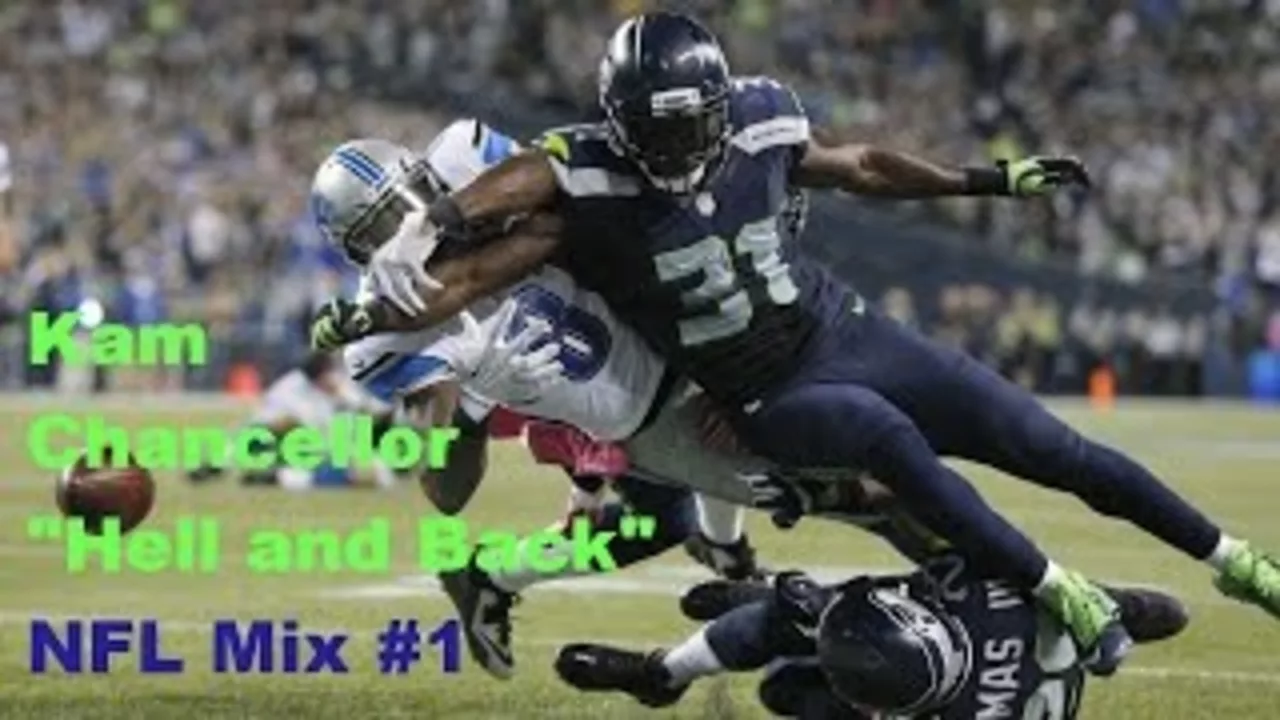Sports Analysis: Decoding Game Strategies, Media Moves, and Fan Impact
When you explore Sports Analysis, the systematic study of sports events, tactics, and business dynamics. Also known as game analytics, it helps fans, coaches, and marketers make sense of what happens on and off the field. This kind of analysis isn’t just about stats on the scoreboard; it pulls together performance data, broadcast decisions, and revenue streams into a single story. By breaking down those pieces, you can see why a single game can ripple through a whole week of media and advertising activity.
Why NFL Scheduling and Prime‑Time TV Matter
One of the biggest examples of NFL, the professional American football league that drives massive TV audiences is its use of Monday Night Football, a weekly prime‑time broadcast that extends weekend excitement into the work week. Sports Analysis shows that this move does three things: it keeps fan conversation alive, it fills a prime‑time slot with a guaranteed audience, and it offers advertisers a premium platform for their messages. In other words, Sports Analysis encompasses NFL scheduling decisions, requires knowledge of television prime‑time slots, and reveals how advertising dollars flow into the sport.
The link between television scheduling, the practice of placing programs in specific time blocks to maximize viewers and fan engagement is direct. When the league places a marquee matchup on Monday night, viewership spikes because the audience is home, relaxed, and looking for live excitement. That spike, in turn, pushes up ad rates, which sponsors gladly pay for exposure to a captive crowd. Sports Analysis therefore highlights how broadcast timing influences both audience size and revenue potential.
Readers who scroll down will find a range of deep‑dive pieces that illustrate these dynamics in action. From breakdowns of how Monday night slots boost TV ratings to case studies on ad campaigns built around big games, the collection gives you practical insight you can apply whether you’re a fan tracking the hype or a marketer planning a sports partnership. Dive in and see how each factor fits into the larger puzzle of modern sports business.
Why does the NFL have Monday night football?
The NFL introduced Monday Night Football to extend the excitement of the weekend games into the week. This strategic move also aimed at capitalizing on television viewership during prime time hours, when most people are home from work. Additionally, Monday Night Football helps maintain the NFL's popularity and relevance throughout the week. It's also an excellent platform for advertisers due to its large audience. So, essentially, Monday Night Football is about more than just the game - it's a blend of sports, business, and entertainment.





